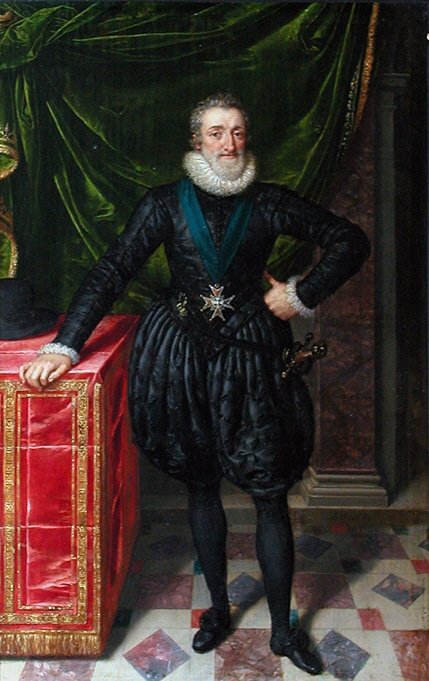
An illegitimate son of a statesman, consolidating a kingdom on behalf of a puppet king, and coming to helm against a foreign invasion which was disposing off nations with an ease no one has ever matched in human history.
Story in the evening ...
Story in the evening ...
https://twitter.com/Arby_K/status/1321667159320272897
Karl was born to Pepin, the Mayor of the Palace of Austrasia, and his mistress Chalpais around 690. His father had married Plectrudis with whom he had two legitimate sons - Drogo and Grimoald. 1/10 

Pepin was the most powerful Frankish noble of his time, eventually controlling the other Merovingian kingdoms; Neustria & Burgundy, as well. Kings had very little role in the affairs of state. Pepin would also associate his legitimate sons with his titles, leaving out Karl. 2/10 

But they would predecease Pepin leaving Grimoald's young son to inherit his title in Austrasia. Neustria & Burgundy would opt for a different Mayor. However, Karl seized his chance and by 717 he was the running all the three kingdoms, with Chilpéric as king. 3/10 

The next decade would see Karl consolidate his rule and expand on it. Chilpéric would die in 721 and be replaced by Theoderich. It was during Theoderich's reign that Karl would face his major challenge, a challenge which if lost could change the future of Europe completely. 4/10 

Over the past century, Arabs organized by Islam had become an unstoppable army. After conquering Levant and North Africa, the Umayyads had set Europe as its target, conquering the Visigothic Iberian kingdom leaving behind only a rump state. 5/10 

In the East they had sieged Constantinople, the Byzantine capital, in 718, having defeated the Eastern Roman Empire in multiple continents. But they were finally stopped at the Theodosian Walls. 6/10 

Having overrun Iberia with relative ease, they had set sight for the Merovingian realms. Karl by now led the strongest military power in former Western Roman Empire. The initial Umayyad sortie though was defeated by Odo of Aquitaine. But he realized far worse would follow. 7/10 

Gaining time, Odo, now allied with Karl, would prepare for the impending invasion which finally came in 732. After devastating southern Gaul, the Umayyad army would finally face near Tours, Odo, Karl and his battle-axe. 8/10 

The battle was a decisive Frankish victory and though there will be routine raids by the Umayyads later, the 732 battle shifted momentum against them. The Arab onslaught of Europe had been stopped from both ends. Had Karl lost, Europe would have easily fallen. 9/10 

With Theoderich's death in 737, the Merovingian line had effectively ended. Karl's son, Pepin, would be crowned King and his grandson, also Karl, an Emperor, but it was the battle of 732 that confirmed the rise of his family and the continuity of Christianity in Europe. 10/10 

• • •
Missing some Tweet in this thread? You can try to
force a refresh














